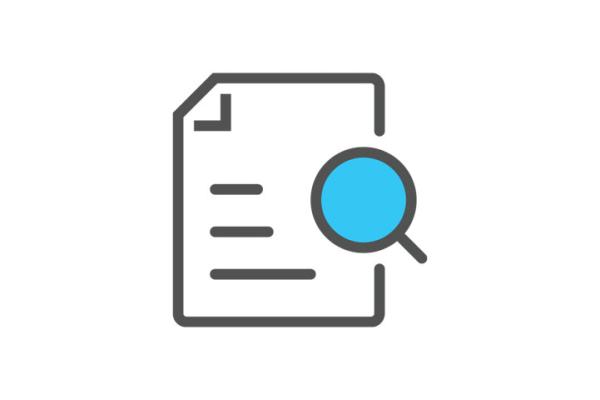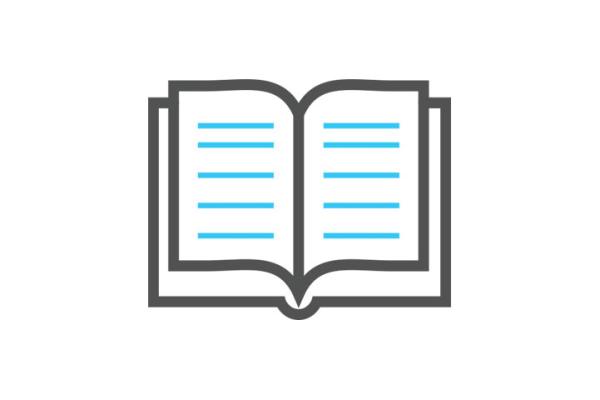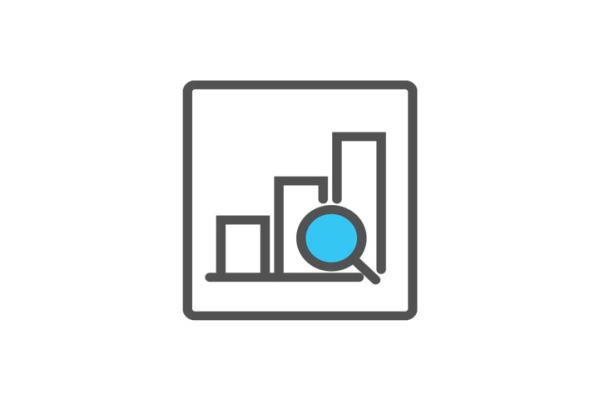The EU is a global leader in the pharmaceutical industry and the world's biggest trader in pharmaceuticals and medicinal products.
As the industry becomes more globalised, assessing its compliance with legislation and safety standards becomes increasingly challenging and resource-intensive. Manufacture and distribution has also become increasingly globalised with maintenance of supply chain integrity becoming high priority for ensuring quality and safety of medicines. In this context, international cooperation between regulators has become more important to ensure effective oversight of complex supply chains, to avoid duplication, and make best use of scarce resources.
The question today is not whether regulators need to cooperate but rather how they can best do so to achieve common goals, maximize efficiencies, and position themselves to respond to the challenges of the increasingly complex global regulation of medicines.
The European Commission (DG SANTE) and the European Medicines Agency (EMA) work together to forge close ties with partner organisations around the world, in close cooperation with EU countries. These activities encourage the timely exchange of regulatory and scientific expertise and information, and the development of best practices in the regulatory field across the world. An efficient international policy has to be articulated through mutually reinforcing bilateral and multilateral relations.
Relazioni bilaterali
Le attività bilaterali vengono generalmente svolte attraverso il dialogo normativo. Gli accordi di riconoscimento reciproco (ARR) delle ispezioni sulle BPF e gli accordi in materia di riservatezza consentono una stretta cooperazione con i partner strategici. di lunga data. Inoltre, a determinate condizioni, è anche possibile l’inserimento nell’elenco da parte della Commissione europea di un paese terzo per quanto riguarda l’importazione di sostanze attive.
Esiste con gli Stati Uniti, la Cina e l’India. Riunioni bilaterali con la FDA degli Stati Uniti consentono uno scambio strategico sui principali sviluppi normativi e orientano la stretta cooperazione tra l’EMA dell’UE e la FDA. Le attività di consultazione e cooperazione con la Cina (e l’India) (accordo di cooperazione) rientrano nell’ambito di grandi quadri dell’UE. Regulatory dialogues with India and China take the form of annual meetings chaired at Director level.
Usually agreed between the non-EU Member State in question and DG SANTE/EMA, these facilitate the exchange of confidential information between regulators. These frameworks enable regulatory cooperation and exchange of information e.g. on draft guidance, legislation and non-public information, pharmacovigilance and inspection information. Confidentiality arrangements are currently in place with regulatory authorities in Australia, Canada, Japan, Switzerland, the US, and with WHO.
Mutual recognition agreements (MRAs)
Mutual recognition agreements (MRAs) on good manufacturing practice (GMP) allow EU authorities to rely on GMP inspections performed by other regulators, the waiving of re-testing of products imported into the EU, and information sharing on inspections and quality defects of products. The EU has MRAs in place with Australia, Canada, Japan, New Zealand, Switzerland and US, and a similar agreement with Israel (ACAA: agreement on conformity assessment and acceptance of industrial products).
In addition to the above, the European Commission together with EMA cooperates with many other regulatory authorities from non-EU countries. Regulatory dialogue with Chinese Taipei takes the form of video conference meetings held every six months and chaired by DG TRADE, in addition to the mid-term review meeting. Regular meetings also take place with the Republic of Korea (in the context of the Free Trade Agreement). In addition, DG TRADE has also engaged in FTA negotiations with Australia, Chile, Indonesia (context to be decided), Japan, Mexico, New Zealand, Philippines, and recently concluded negotiations with Vietnam. Pharmaceuticals are part of the FTAs.
Importation of active substances - Listing of third countries
Information on listed third countries and how to apply for listing.
Multilateral relations
These activities encourage timely exchange of regulatory and scientific expertise in the international regulatory field. International cooperation may include harmonisation of technical requirements, convergence-based approaches and information-sharing through multilateral cooperation and coalitions. DG SANTE cooperates with authorities from many countries within multilateral frameworks, including notably the International Council for Harmonisation of Technical Requirements for Pharmaceuticals for Human Use ('ICH') and the International Pharmaceutical Regulators Forum (IPRF). DG SANTE also cooperates with the Council of Europe, the European Directorate for the Quality of Medicines and HealthCare (EDQM) and the World Health Organisation (WHO).
ICH
The International Council for Harmonisation of Technical Requirements for Pharmaceuticals for Human Use (ICH) is unique in bringing together regulatory authorities and pharmaceutical industry to discuss scientific and technical aspects of medicine registration and maintenance.
Harmonisation is achieved through the development of ICH Guidelines via a process involving regulatory and industry experts. Key to the success of this process is the commitment of regulators to implement the Guidelines.
The Commission, represented by DG SANTE, has been a founding member of the ICH since its inception in 1990. Together with the EMA, which provides technical and scientific support, the Commission has contributed to success of ICH. This is demonstrated by the fact that the ICH Guidelines - approximately 60 - are increasingly recognised as de-facto international standards.
DG SANTE played a pivotal role in the reform of ICH to improve its governance, broaden its membership and increase its transparency. As a result of this reform, which was successfully concluded in October 2015, the ICH has been established as an independent, non-profit legal entity under Swiss law, open to regulatory authorities and international pharmaceutical industry associations that fulfil the eligibility criteria. Details on current ICH Members and Observers can be found here.
IPRF / IGDRP (new IPRP)
The International Pharmaceutical Regulators Forum (IPRF) is composed solely of regulatory authorities with the purpose to create an environment for members to exchange information on issues of mutual concern and regulatory cooperation.
IPRF meets in conjunction with the ICH meetings for practical reasons. The Forum aims at maximizing potential efficiencies in medicine regulation. It facilitates the implementation of ICH and other internationally harmonized technical guidelines and contributes to the coordination of a range of international efforts relating to regulation of medicinal products.
In order to avoid duplication of efforts, DG SANTE played a leading role for the consolidation of IPRF with the International Generic Drug Regulators Programme (IGDRP), which is dedicated to generics, into one new joint initiative, called the International Pharmaceutical Regulators Programme (IPRP).
IPRP will be operational as of January 2018, with the first management committee meeting scheduled for June 2018, in conjunction with the ICH meeting in Japan. The new initiative remains informal and allows for opt-in or opts-out of regulators in different projects.
European Commission/EMA supplementary joint activities
In addition to the above, DG SANTE participates in the following initiatives/meetings with the EMA:
- The International Coalition of Medicines Regulatory Authorities (ICMRA), a voluntary, executive-level, strategic coordinating, advocacy and leadership entity of regulatory authorities.
- The International Conference of Drug Regulatory Authorities (ICDRA) a conference organised by WHO every second year with participation of regulatory authorities from all over the world, with particular focus on developing countries.





